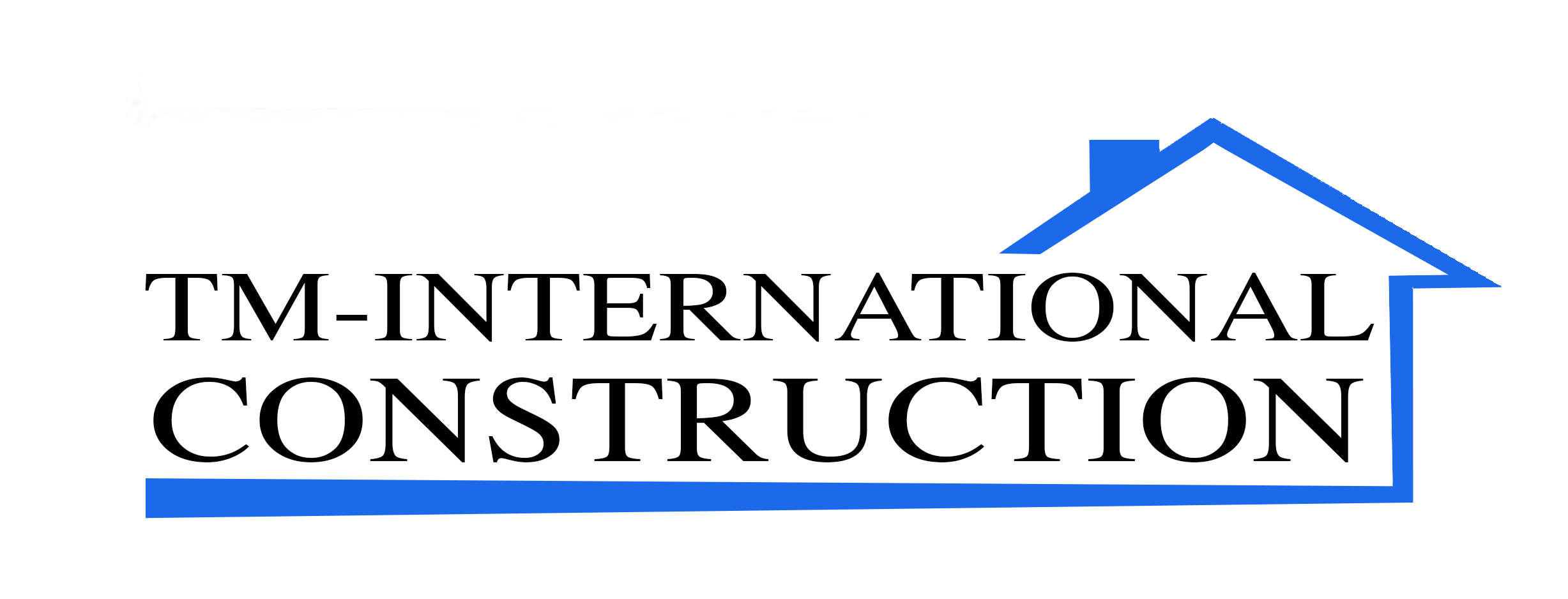Embracing Innovation: The Essence of Modern Construction
Technological Integration
One of the hallmarks of modern construction is the seamless integration of technology. From Building Information Modeling (BIM) that streamlines planning and design to 3D printing that revolutionizes the creation of building components, technology is at the forefront, enabling more efficient, precise, and sustainable construction processes.
Sustainability as a Cornerstone
The call for sustainability resonates profoundly in modern construction. Builders and architects are embracing eco-friendly materials, renewable energy sources, and designs that minimize the ecological impact. Concepts like green roofs, solar panel integration, and passive design principles are becoming commonplace, aiming to create buildings that exist harmoniously within their ecosystems.
Smart and Connected Spaces
The advent of smart homes and buildings is transforming the way we interact with our living spaces. From automated lighting and climate control to integrated security systems, modern construction embraces the concept of connected spaces that adapt to our needs, offering convenience, comfort, and energy efficiency.
Adaptive Reuse and Renovation
Modern construction isn’t solely about erecting new structures; it also involves repurposing and renovating existing spaces. Adaptive reuse of old buildings breathes new life into historical structures, preserving their character while integrating modern functionalities. It’s a sustainable approach that honors the past while embracing the future.
Design for Well-being
The focus on human-centric design is a fundamental element of modern construction. Architects and designers prioritize spaces that promote well-being, integrating elements that enhance natural light, ventilation, and overall comfort. Concepts like biophilic design, which incorporates nature into built environments, aim to create spaces that contribute positively to occupants' health and happiness.
Prefabrication and Modular Construction
The rise of prefabrication and modular construction techniques streamlines the building process, minimizing waste and accelerating project timelines. Off-site construction of components and modules allows for more controlled quality and faster assembly on-site, contributing to more efficient and cost-effective construction.
Challenges and Future Prospects
While modern construction presents a landscape of innovation, it also faces challenges. These include navigating complex regulations, sourcing sustainable materials at scale, and ensuring that technological advancements are accessible and affordable for a broader spectrum of projects.
Conclusion: A New Horizon in Construction
Modern construction stands as a testament to human ingenuity, continually pushing the boundaries of what is possible. It’s not just about erecting buildings; it’s about shaping environments that foster sustainability, promote well-being, and adapt to our ever-evolving needs.
The landscape of modern construction is an ever-evolving symphony of technology, sustainability, and human-centric design. As the industry continues to evolve, the future promises even more incredible breakthroughs, transforming the way we build and interact with the spaces we call home.
